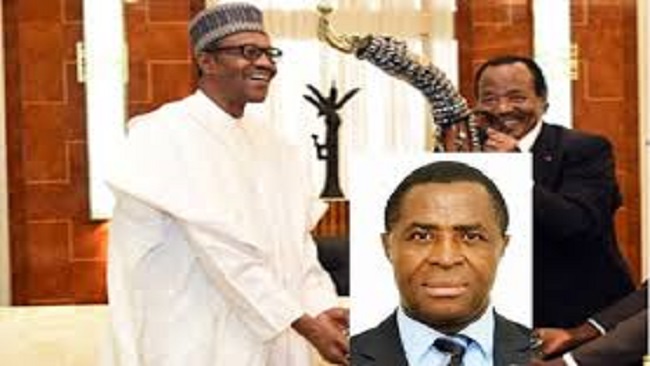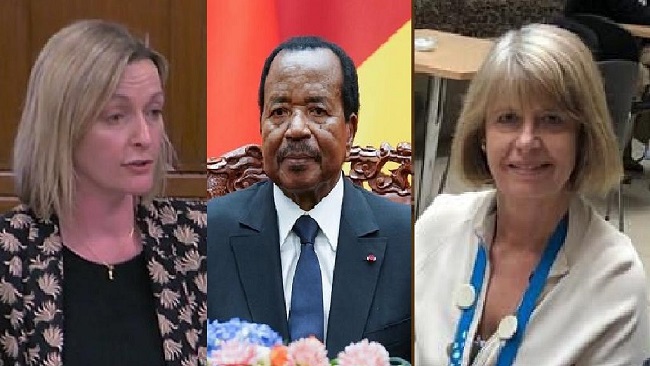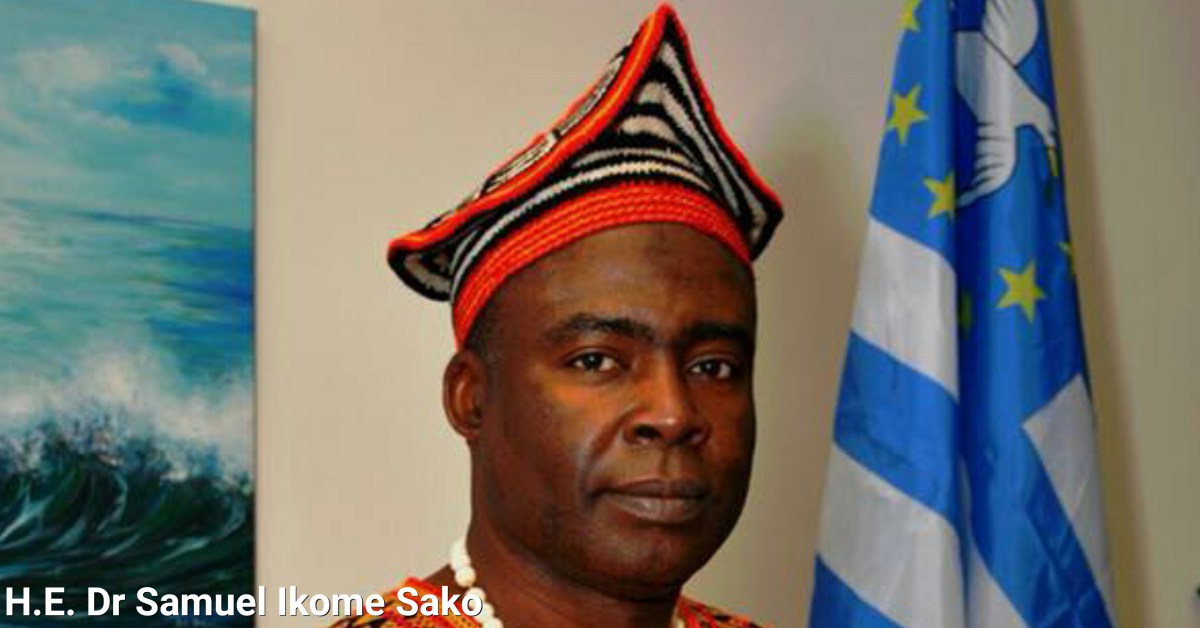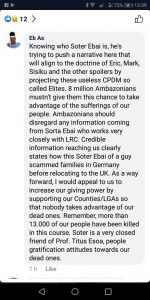26, August 2019
Life Sentences Against Ambazonia Leaders Will Only Prolong Crisis 0
The separatist crisis in Cameroon deepened this week after a military tribunal handed down life sentences to the separatist movement’s leader and nine of his followers. As observers warned that the sentences would make it harder to bring the two-year conflict to an end, separatist militias launched reprisal attacks that killed at least two people and forced dozens more to flee their homes.
The conflict has its roots in concerns within Cameroon’s minority English-speaking population that they have been historically marginalized by the French-speaking majority. A 2016 strike in the Anglophone North-West and South-West regions culminated in a declaration of autonomy in October 2017. The situation rapidly deteriorated from there.
As Robbie Corey-Boulet detailed in an April briefing for WPR, long-time President Paul Biya responded to the declaration with a brutal state crackdown, with security forces killing civilians, sexually assaulting women, and burning and looting homes. The separatists in turn have reacted with a campaign of kidnappings and assaults. Hundreds of people have died and more than 500,000 have been displaced in the past two years.
The sentencing this week of separatist leader Sisiku Ayuk Tabe and his followers further undermines any opening for dialogue between the two sides. The 10 separatists were arrested in Nigeria’s capital, Abuja, last year and deported to Cameroon, where they faced charges of rebellion and complicity in terrorism, among others. In addition to the life sentences, they were ordered to pay a fine of $50 million.
Few domestic observers agreed with the assessment of government officials, who said the sentencings would not halt efforts to start a dialogue. Prince Ekosso, an opposition leader, told Voice of America, “The decision would intensify tension in the North-West and the South-West. It would intensify killings and it would intensify the destruction of properties.”
Source: World Politics Review



























4, September 2019
Cameroon deploys 6th contingent of troops to troubled Central African Republic 0
Cameroon on Tuesday sent its sixth contingent of troops to restive Central African Republic (CAR) to join UN peacekeeping forces mission focused on the stabilization and protection of civilian population.
Speaking at a send-off ceremony in the capital city, Yaounde, Cameroon’s Defense Minister Joseph Beti Assomo highlighted the peace efforts of Cameroonian troops in the CAR.
“Always determined to fulfill its regional and international commitments as concerns collective security in an honorable, decent and effective manner, the troops have provided the CAR with multifaceted support in order to enable the country to get its institutions which have already been damaged for several years now back on its feet,” Assomo said.
The soldiers are to contribute to the return of peace and stability while strictly respecting UN regulation of impartiality and respect for human rights during their mission, the minister said.
According to Assomo, the sixth contingent comprises 750 soldiers and 350 staff members of the National Gendarmerie.
The contingent is part of the UN Multidimensional Integrated Stabilization Mission in the Central African Republic (MINUSCA) which started in 2014 to protect CAR civilians under the UN Charter.
The contingent is taking over from predecessors who spent a year building peace in the war-torn country.
The conflicts still in progress in CAR started in 2013 following a violent takeover of power by the armed group Seleka, meaning coalition in Sango, CAR’s national language.
Source: Xinhuanet